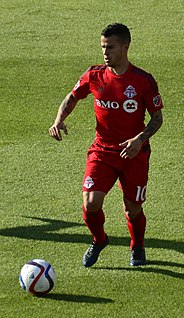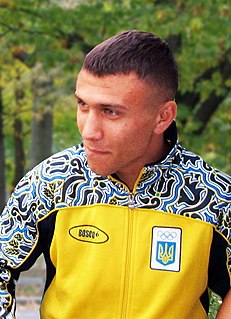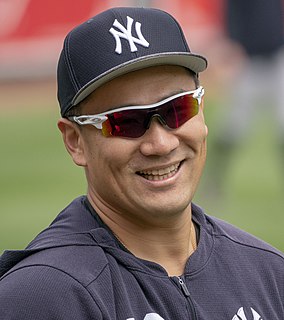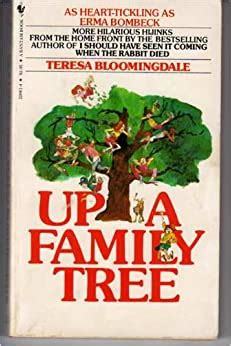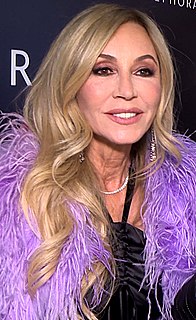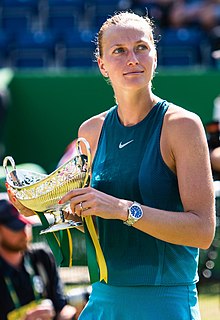A Quote by Sebastian Giovinco
I can speak English on the field but it's difficult with media.
Related Quotes
Black English is something which - it's a natural system in itself. And even though it is a dialect of English, it can be very difficult for people who don't speak it, or who haven't been raised in it, to understand when it's running by quickly, spoken in particular by young men colloquially to each other. So that really is an issue.
English has always been my musical language. When I started writing songs when I was 13 or 14, I started writing in English because it's the language in between. I speak Finnish, I speak French, so I'll write songs in English because that's the music I listen to. I learned so much poetry and the poetic way of expressing myself is in English.
Not long time ago there was a striking example of the extent to which English has diverged: a television company put out a programme filmed in the English city of Newcastle, where the local variety of English is famously divergent and difficult, and the televised version was accompanied by English subtitles!
